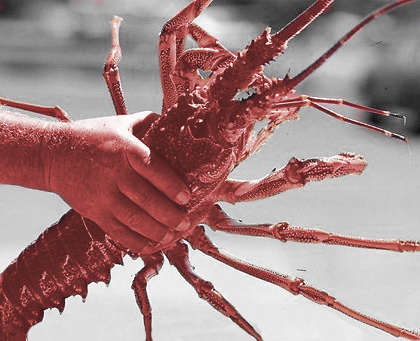Lobster firms oppose testing
 WA’s Western Rock Lobster industry is sounding the alarm about potentially disruptive seismic testing.
WA’s Western Rock Lobster industry is sounding the alarm about potentially disruptive seismic testing.
Pilot Energy is planning to conduct testing across a 946 square kilometre area south of Dongara, seeking to identify oil, gas, and carbon sequestration sites.
The initiative is part of the company's federal exploration licence obligations, and will see it use intense air gun blasts for sub-ocean floor mapping.
However, the plan has raised significant environmental and economic concerns.
The WA Government has acknowledged the potential effects of such testing on lobsters (PDF), and has recommended avoiding key areas and times, as well as consultation with the lobster industry.
The Western Rock Lobster Council says studies have previously shown a significant drop in lobster recapture rates after seismic testing, which could reflect decreased survival rates due to impaired defensive behaviours.
Pilot Energy has pledged ongoing collaboration with marine scientists to assess the applicability of existing research to Western Rock Lobster.
While the company acknowledges seismic testing's potential to modify marine behaviours, it argues that this does not mean direct lethality. The company claims the lobster population is large and resilient enough to see only minimal long-term impacts due to the testing.
Legal action has interrupted the exploration activities of other resources companies in the past.
Concerns about Pilot Energy’s plans extend beyond marine life impacts to broader environmental issues.
The company wants to pioneer Australia's first offshore carbon capture and storage project, but the lobster industry has warned that ocean acidification risks from subsea CO2 storage could affect its operations too.
Australia's offshore energy regulator, NOPSEMA, is assessing the proposal.







 Print
Print